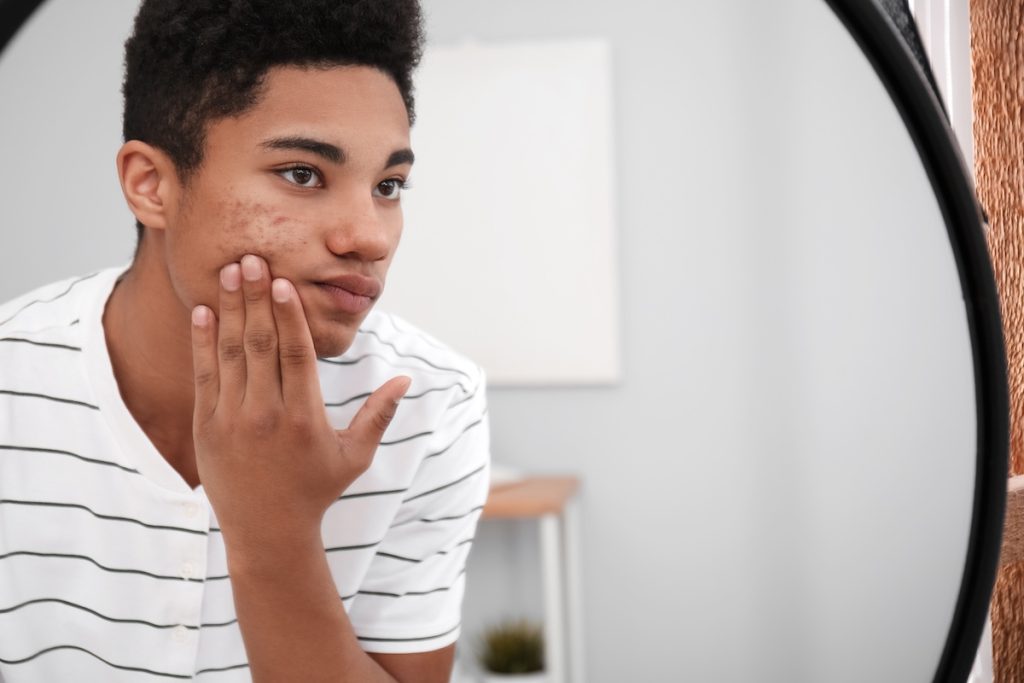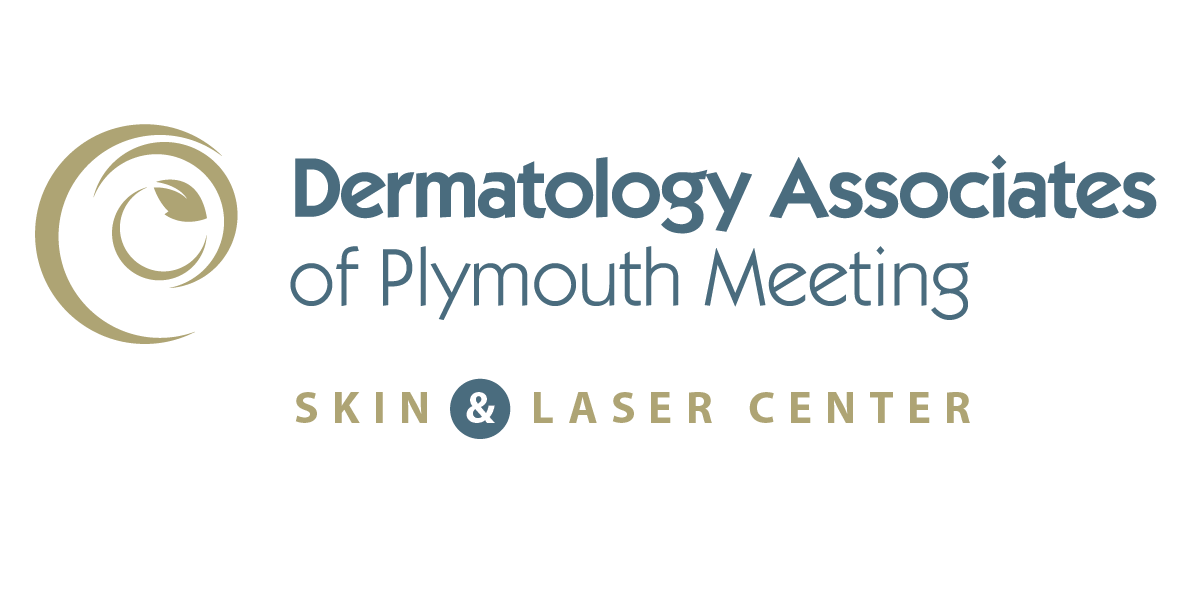Clearer Skin Ahead: Managing Teenage Acne

Adolescence brings many changes—new interests, expanding social circles, and, for most teenagers, the unwelcome arrival of acne. These acne breakouts seem to appear right at the time when confidence is key, making them more than just a skin concern. With the right treatment and tailored care, teens can reclaim their clear skin and their self-esteem.
What Causes Teenage Acne?
Adolescence brings significant hormonal changes, including increased production of androgens. These hormones stimulate the skin’s sebaceous glands, leading to excess oil (sebum) production. Combined with clogged pores, bacteria, and inflammation, this creates the perfect environment for acne to develop.
Key contributors to teenage acne include:
- Hormonal fluctuations: A major driver of oil production.
- Genetics: A family history of acne increases susceptibility.
- Lifestyle factors: Diet, stress, and skin care habits can influence acne severity.
Types of Acne Common in Teenagers
Teenage acne can appear in various forms, each requiring a tailored treatment approach:
- Comedonal Acne: Whiteheads and blackheads caused by clogged pores.
- Inflammatory Acne: Red, swollen pimples that may be painful.
- Cystic Acne: Deep, painful nodules that can leave scars if untreated.
How Is Teenage Acne Treated?
The approach to treating teenage acne varies based on its severity and the individual’s skin type. At Dermatology Associates of Plymouth Meeting (DAOPM), we offer personalized solutions, including:
Over-the-Counter Treatments
Mild acne may respond to products containing:
- Salicylic acid: Helps unclog pores.
- Benzoyl peroxide: Reduces bacteria and inflammation.
Prescription Medications
For moderate to severe acne, prescription-strength treatments are often necessary, such as:
- Topical retinoids: Promote cell turnover to prevent clogged pores.
- Antibiotics: Combat bacteria and inflammation.
- Oral medications: Including isotretinoin for resistant, severe acne.
In-Office Procedures
Dermatologists at DAOPM may also recommend advanced treatments, including:
- Chemical peels: Exfoliate and unclog pores.
- Laser therapy: Targets inflammation and acne-causing bacteria.
- Cortisone injections: Quickly reduce painful cystic lesions.
Skincare Tips for Teens
A consistent skincare routine is crucial for managing acne. Teens should:
- Cleanse gently: Avoid harsh scrubbing, which can worsen irritation.
- Moisturize appropriately: Choose non-comedogenic products to prevent clogging pores.
- Use sunscreen daily: Protect the skin while preventing post-acne marks.
- Avoid picking: Picking at acne can lead to scarring and prolonged healing.
Emotional Support for Teens with Acne
Acne can affect more than just the skin; it can also impact self-esteem and mental health. Encouraging open communication and addressing emotional challenges is an important part of acne management. Professional dermatological care provides not only effective treatment but also reassurance and guidance during this transformative time.
Why Choose DAOPM for Teenage Acne Care?
Dermatology Associates of Plymouth Meeting combines expert dermatological care with a compassionate approach tailored to teens. The team focuses on:
- Comprehensive evaluations: To understand each teen’s unique skin concerns.
- Cutting-edge treatments: Including the latest in medical and aesthetic care.
- Supportive environment: Helping teens feel comfortable and confident throughout the process.
Help Your Teen Achieve Clear Skin
Acne doesn’t have to be a permanent part of teenage years. At DAOPM, we provide expert care to help teens manage acne effectively. Contact us today to learn more about our personalized treatment options.
